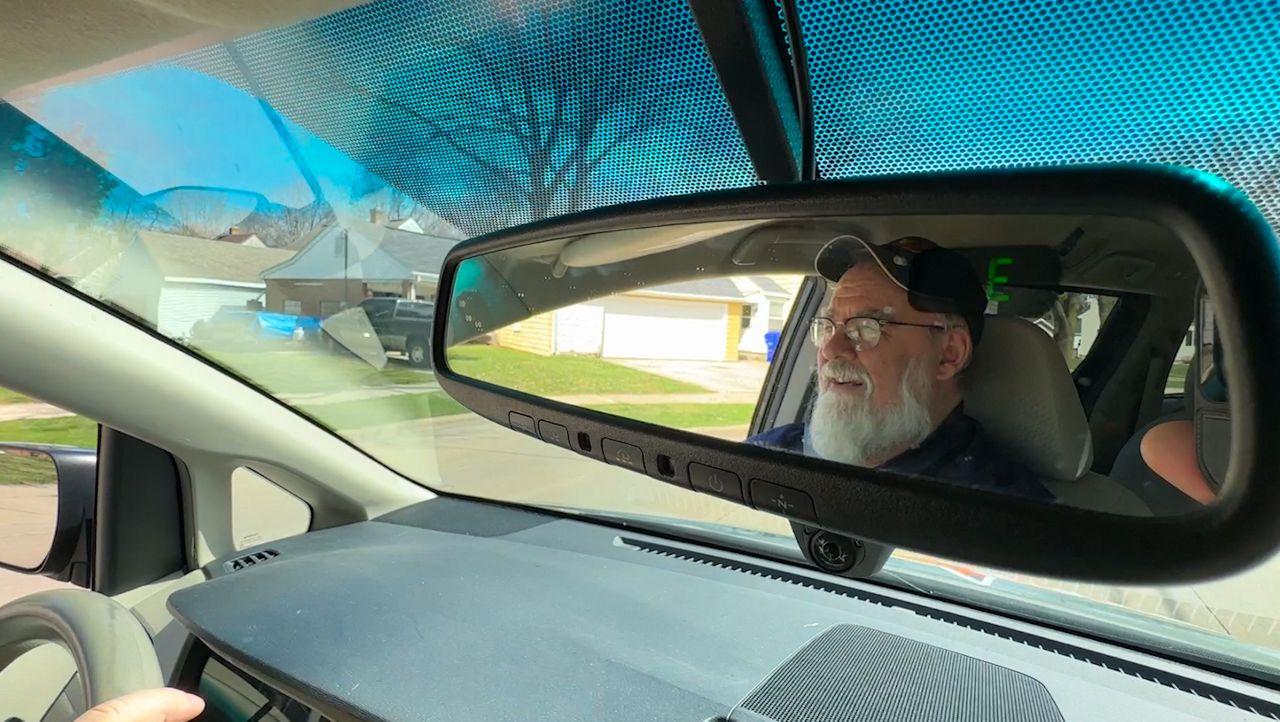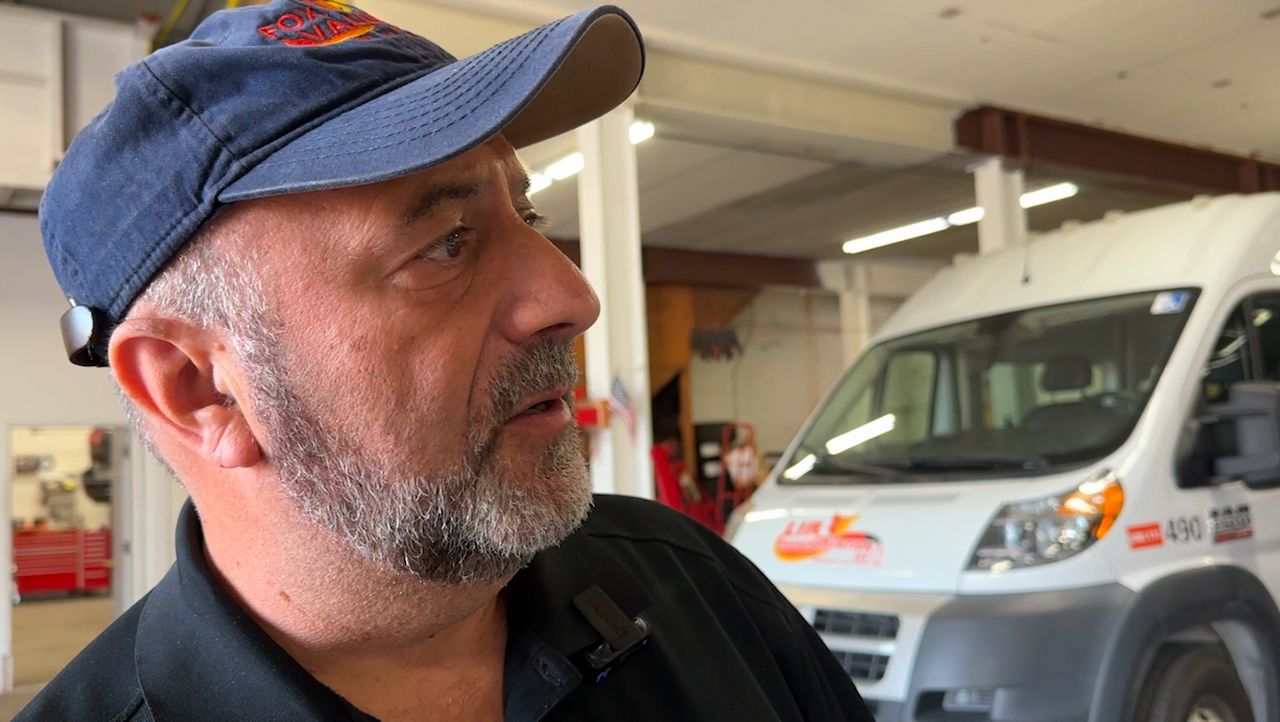APPLETON, Wis. — Dan Glasheen knows the streets of Appleton like the back of his hand.
It’s where he grew up and where he now works as the manager at Fox Valley Cab.
“Right now, we’ve got a man who just got out from having surgery on his pacemaker,” he said while driving one of the company’s minivans to one of the city’s hospitals. “He’s ambulatory, he can walk, but they’ll bring him down in a wheelchair more than likely, and we’re giving him a ride home.”
When more traditional services slowed to a trickle during the pandemic, the company looked to serve other areas. Services like Lyft and Uber have also changed the landscape.
“Just the normal picking somebody up from the tavern and taking them home, there’s not a lot of that anymore,” Glasheen said. “A lot of what we’re doing now is the medical transportation, like this trip here, where you put in the extra care.”

Fox Valley Cab owner Igor Leykin said the company’s services range from wheelchair and non-emergency medical transport to executive transportation and taxi service.
“We had to pivot quite a bit and look at the things that we were doing but maybe not enough, or where there was more demand because essentially during COVID about 70% of our business shutdown,” he said. “We were doing schools, we were doing the airport. None of that was operating.”
Leykin said 2022 was a banner year for the business. He said he’s happy with how Fox Valley Cab and its sister companies have evolved over the past three years.

“We have to explore everything to stay in business,” Leykin said. “We’ve transported body parts for places. We have drivers who are TSA certified so we can deliver things to the airport to be shipped.”
He said the company’s vehicles and drivers work around the state and Midwest, doing what they need to do to get the job done.
Glasheen said there’s satisfaction in helping fill a need in the community — from the small trips to the large.
“You get that person where they’re at and you get that satisfaction right away of having dropped them off, gotten them to where they need to be and whatever their needs are for that trip are met,” he said.



